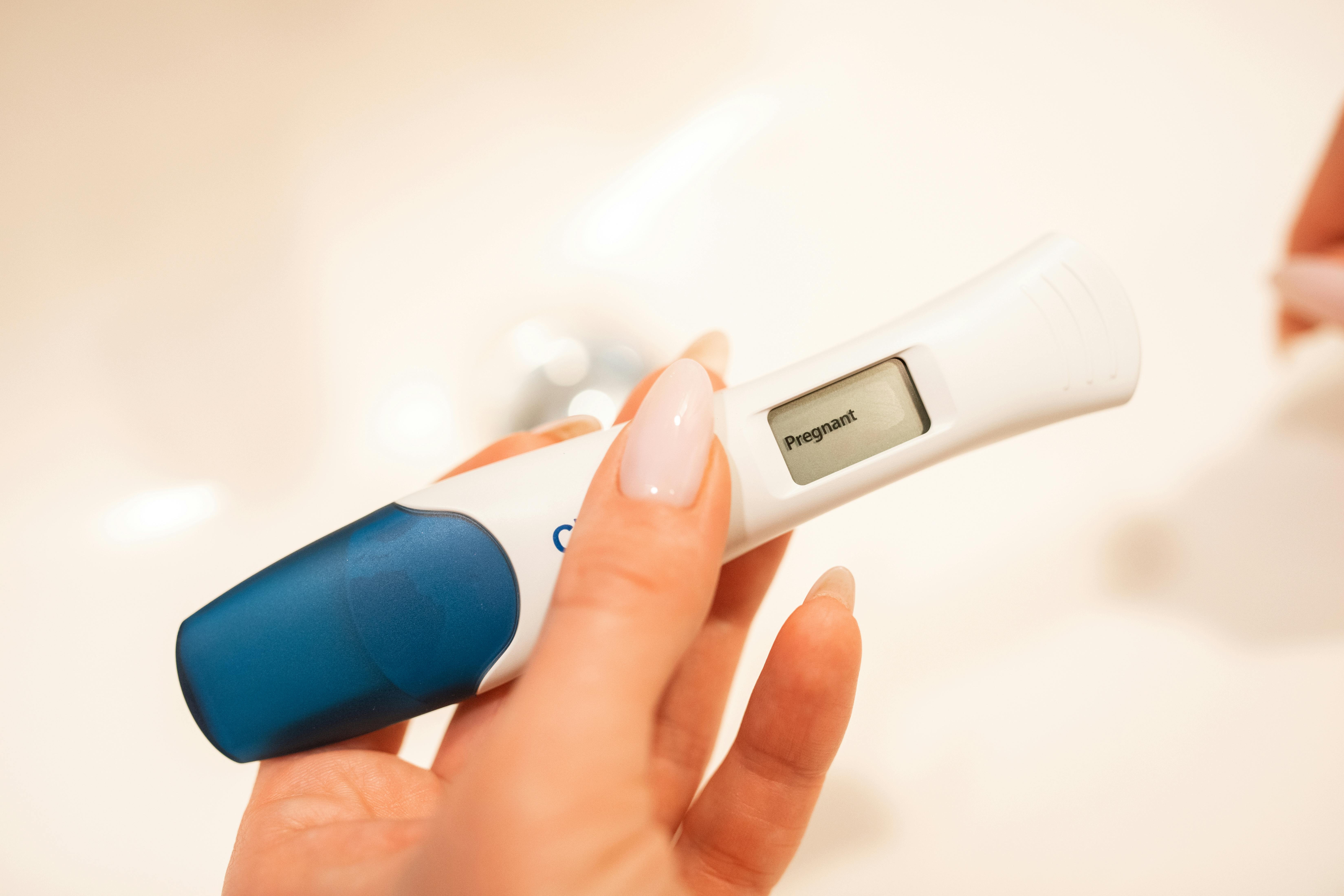Eczema, also known as atopic dermatitis, is a common skin condition that affects many children. Characterized by dry, itchy, and inflamed skin, eczema can be uncomfortable and frustrating for both children and parents. While topical treatments and creams are often the first line of defense, natural supplements can also play a vital role in managing symptoms and promoting healthier skin from within. In this post, we will explore the best supplements for eczema in children and how they can help soothe irritated skin naturally.
Understanding Eczema in Children
Before diving into the best natural supplements, it's important to understand what eczema is and what causes it. Eczema is an inflammatory condition that causes the skin to become red, itchy, and irritated. While the exact cause of eczema is not fully understood, it is believed to be related to a combination of genetic factors, immune system dysfunction, and environmental triggers.
Many parents are turning to natural remedies and supplements to complement traditional treatments, as these options may help reduce inflammation, strengthen the skin barrier, and minimize flare-ups.
The Best Supplements for Eczema in Children
1. Omega-3 Fatty Acids
How Omega-3s Help Eczema
Omega-3 fatty acids, found in fish oil and certain plant-based oils, are known for their anti-inflammatory properties. Since eczema is largely driven by inflammation, omega-3 supplements can help calm the immune response and reduce skin irritation. Additionally, omega-3s are essential for maintaining the skin's moisture barrier, which is often compromised in children with eczema.
Benefits:
- Reduces inflammation and skin irritation.
- Supports the skin's natural moisture barrier.
- May help prevent future flare-ups.
Recommended Dosage:
For children, a daily dose of 500-1,000 mg of combined EPA and DHA (the two active components of omega-3s) is recommended. Always choose a high-quality fish oil supplement that is free from toxins like mercury.
2. Probiotics for Gut Health
The Gut-Skin Connection
Recent research highlights the importance of the gut-skin axis, which refers to the relationship between gut health and skin conditions like eczema. Probiotics can help balance the gut microbiome, which may reduce inflammation throughout the body, including the skin. This is especially beneficial for children with eczema, as a healthy gut can improve immune system function and skin health.
Benefits:
- Balances the gut microbiome, reducing systemic inflammation.
- May help improve immune response and reduce eczema flare-ups.
- Supports overall digestive health.
Recommended Dosage:
Look for a probiotic supplement with multiple strains, such as Lactobacillus and Bifidobacterium. For children, aim for 5-10 billion CFUs daily.
3. Vitamin D3
How Vitamin D Supports Skin Health
Vitamin D3 plays a crucial role in regulating the immune system and maintaining skin health. Children with eczema often have lower levels of vitamin D, which can contribute to increased inflammation and weakened skin barriers. Supplementing with vitamin D3 may help reduce the severity of eczema symptoms and improve overall skin health.
Benefits:
- Regulates the immune system, reducing inflammation.
- Strengthens the skin’s barrier function.
- Supports overall skin health and resilience.
Recommended Dosage:
For children, 600-1,000 IU of Vitamin D3 per day is typically recommended, but dosage should be adjusted based on individual needs and a healthcare provider’s advice.
4. Zinc
The Role of Zinc in Healing Skin
Zinc is an essential mineral that plays a vital role in immune function and skin repair. It is particularly important for children with eczema because it helps reduce inflammation and promote faster healing of irritated skin. Zinc is also involved in collagen production, which is crucial for maintaining the integrity of the skin.
Benefits:
- Reduces inflammation and supports skin repair.
- Promotes healing of irritated and damaged skin.
- Supports immune system function.
Recommended Dosage:
For children, a daily zinc supplement of 5-10 mg is generally recommended. Be cautious with zinc supplements, as too much can interfere with the absorption of other essential minerals.
5. Vitamin E
How Vitamin E Benefits Eczema
Vitamin E is a powerful antioxidant that helps protect skin cells from oxidative stress, which can worsen eczema symptoms. It also has moisturizing properties that help keep the skin hydrated and reduce dryness, one of the main triggers for eczema flare-ups.
Benefits:
- Acts as an antioxidant, protecting skin cells from damage.
- Moisturizes the skin, reducing dryness and irritation.
- Supports the healing of cracked or inflamed skin.
Recommended Dosage:
Vitamin E supplements for children should be taken in doses of around 100 IU per day, but consult a healthcare professional for the appropriate amount.
6. Evening Primrose Oil
Evening Primrose Oil and Eczema Relief
Evening Primrose Oil is rich in gamma-linolenic acid (GLA), a type of omega-6 fatty acid that has been shown to help reduce inflammation and support skin health. Many studies suggest that evening primrose oil can help alleviate the symptoms of eczema, including itching, redness, and dryness.
Benefits:
- Reduces itching and inflammation associated with eczema.
- Supports the skin’s moisture retention.
- May help alleviate the severity of eczema flare-ups.
Recommended Dosage:
For children, 500-1,000 mg of evening primrose oil per day is usually sufficient, but check with a healthcare provider for individualized recommendations.
Additional Natural Ways to Soothe Eczema in Children
In addition to supplements, there are several other natural remedies and lifestyle adjustments that can help manage eczema in children:
1. Moisturizing Regularly
Daily moisturizing is essential for keeping your child's skin hydrated and preventing flare-ups. Look for moisturizers that are free from fragrances and harsh chemicals.
2. Using Hypoallergenic Products
Switching to hypoallergenic laundry detergents, soaps, and skincare products can help reduce skin irritation.
3. Avoiding Triggers
Common eczema triggers include certain foods, environmental allergens, and stress. Identifying and avoiding these triggers can prevent future flare-ups.
Final Thoughts on Supplements for Eczema in Children
While eczema can be a frustrating and persistent condition, incorporating the right natural supplements into your child’s daily routine can help soothe irritated skin and reduce the frequency of flare-ups. Supplements like omega-3 fatty acids, probiotics, vitamin D3, zinc, vitamin E, and evening primrose oil offer powerful support for your child's skin health and immune function. Always consult with a healthcare professional before starting any new supplements to ensure they are safe and appropriate for your child’s unique needs.










